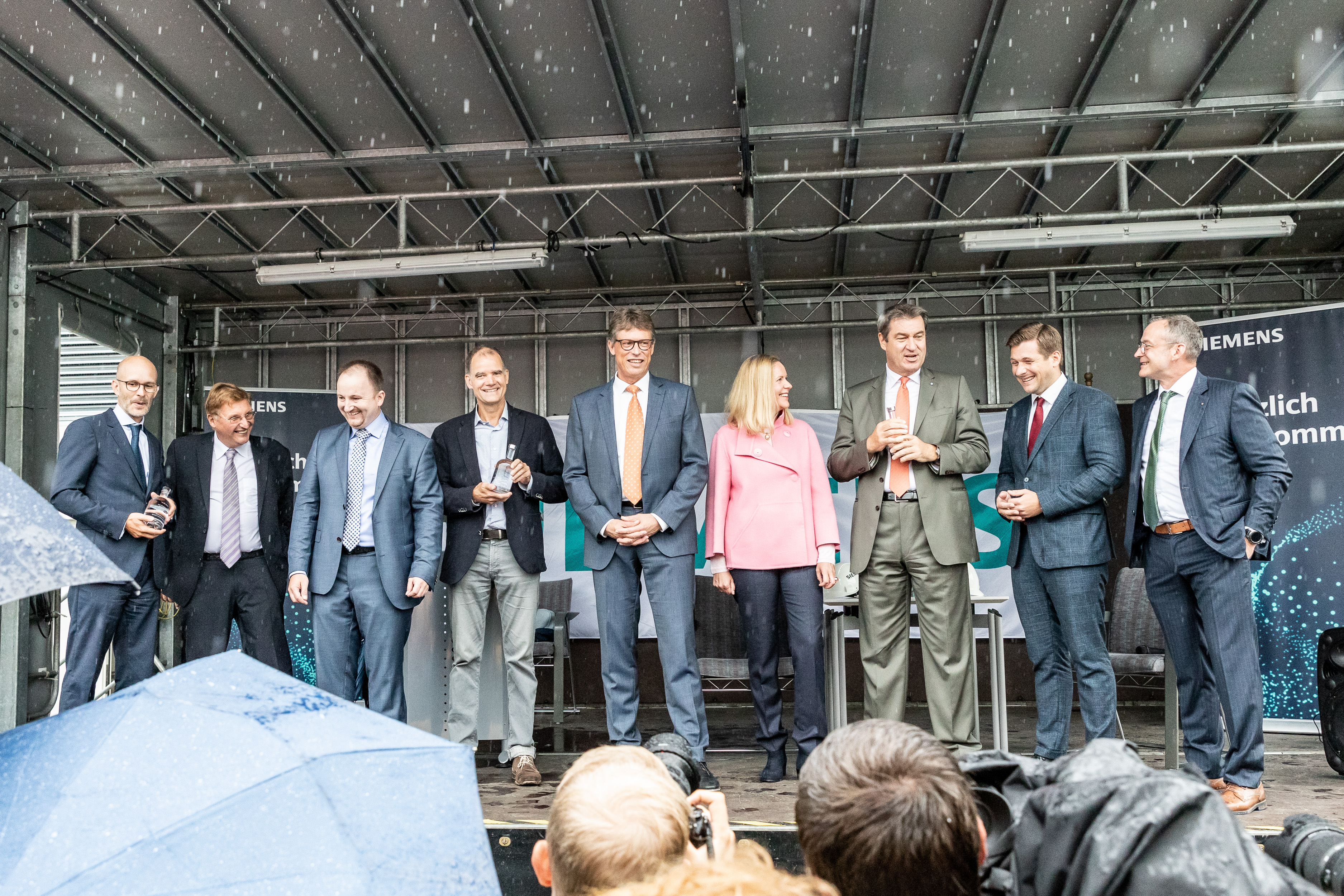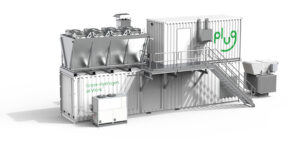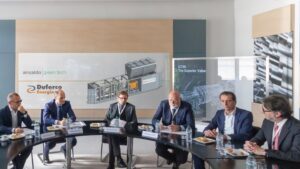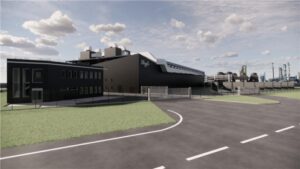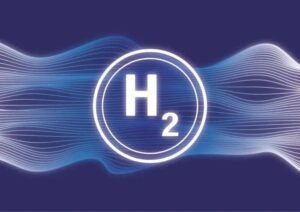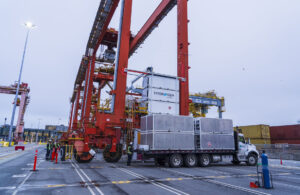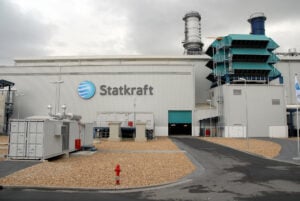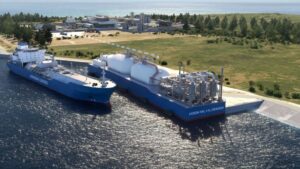Siemens commissions green hydrogen plant in Wunsiedel
Siemens has commissioned one of Germany’s largest green hydrogen generation plants in Wunsiedel, Upper Franconia.
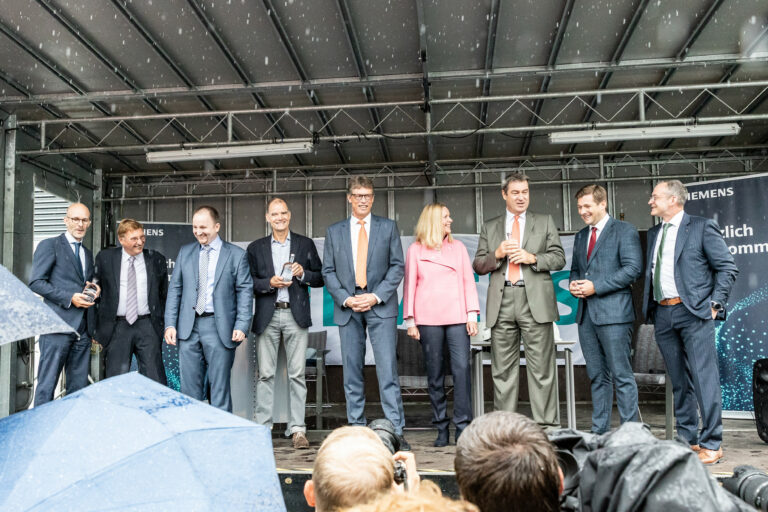
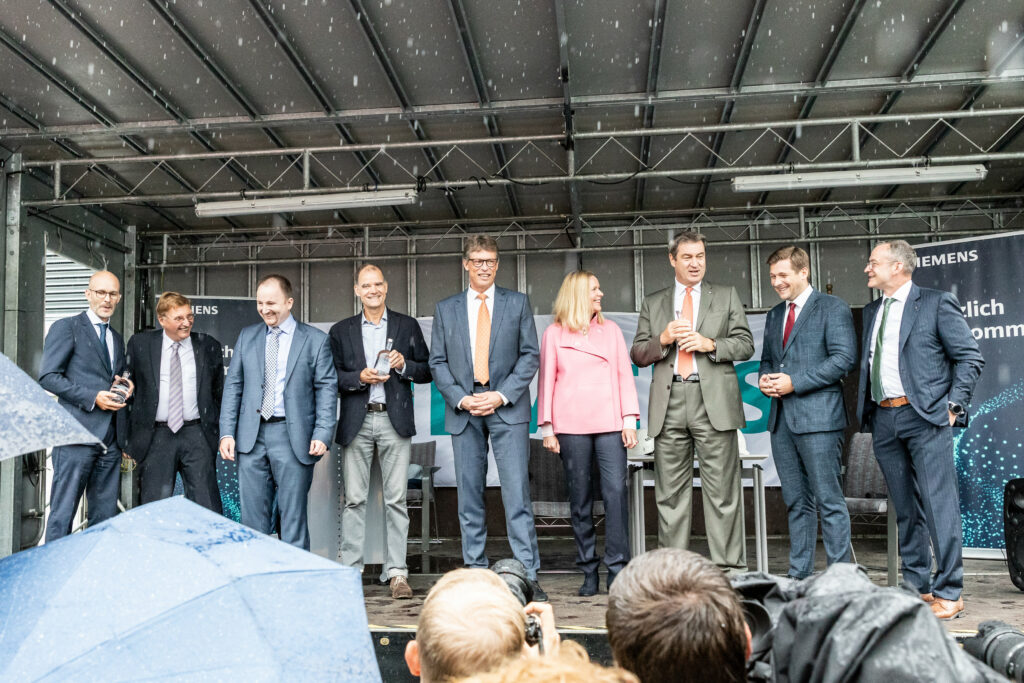
Now, up to 1,350 tonnes of green hydrogen can be generated annually from renewable solar and wind power in the Wunsiedel Energy Park. Hydrogen is generated by an electrolyzer with a total capacity of 8.75 megawatts .
By using the hydrogen generated in Wunsiedel and the related replacement of fossil fuels, annual CO2 emissions can be cut by up to 13,500 tonnes.
As general contractor, Siemens Smart Infrastructure is responsible for the construction of the hydrogen plant and the creation of a monitored and controlled power grid.
“With global warming, energy dependency and rising costs becoming increasingly pressing issues, real-world solutions for the future of energy are crucial,” said Matthias Rebellius, managing board member of Siemens AG and CEO of Smart Infrastructure. “The Wunsiedel project is an excellent demonstration of how vision and initiative combined with the right technology and financing can drive forward the development of a carbon-free power supply.”
Siemens Financial Services is supporting the project with a financing concept and holds a 45 per cent stake in the operating company WUN H2. Rießner-Gase, located in Lichtenfels also holds a 45 per cent stake and the utility company Stadtwerke Wunsiedel (SWW) the remaining 10 per cent.
“Future-oriented projects need a solid financing basis,” said Veronika Bienert, CEO of Siemens Financial Services, the financing arm of Siemens AG. “In Wunsiedel, we teamed up with an external lender, the UmweltBank in Nuremberg, to implement the first non-recourse project financing – in other words, financing without counter-liability to the shareholders – for such a plant in Germany and thus demonstrate the project’s economic feasibility.”
Related Article
-
Shell and Siemens bolster ties to advance green hydrogen and biofuels projects
Business Developments & Projects
In Wunsiedel, the energy transition is already a realitym according to Siemens. The energy used by the community of 10,000 is 100 per cent climate neutral. Wunsiedel also generates its own electricity and heating. The hydrogen generation plant will be linked to Siemens’ existing battery storage facility and with neighboring industrial enterprises, which can use its waste heat or the oxygen split off during electrolysis.
Hydrogen also plays a major role in Germany’s decarbonization strategy to make transportation, steel production and the chemical industry carbon-neutral, since it can be used to implement many processes previously dependent on fossil fuels, without releasing CO2 in the reconversion into energy. Hydrogen is also an important storage provider for renewable energies. By 2030, 10 million tonnes of green hydrogen are to be generated annually in the European Union alone.
With the commissioning of the hydrogen generation plant, the commercial production of the energy source H2 in Wunsiedel will begin. Talks regarding the expansion of the plant’s capacity to 17.5 megawatts are already underway.

